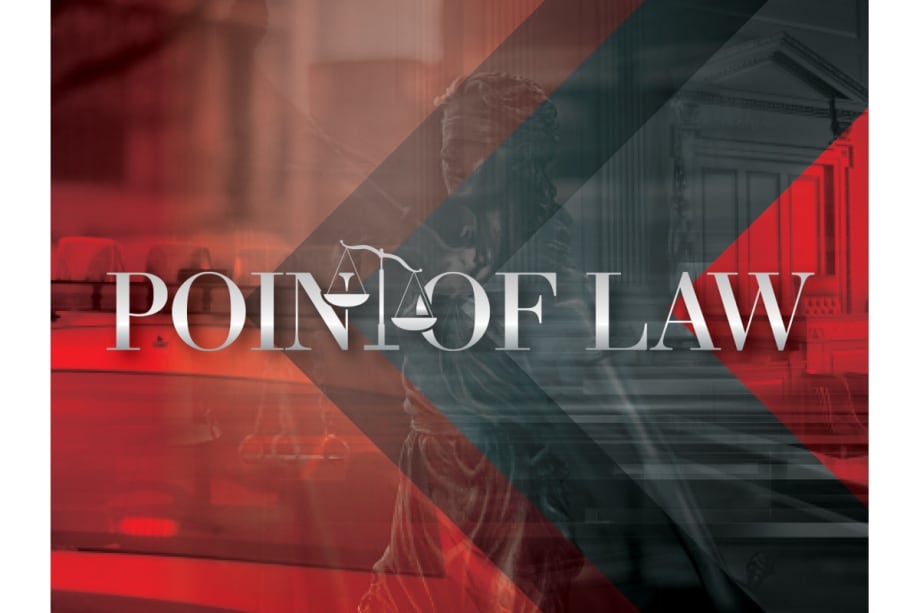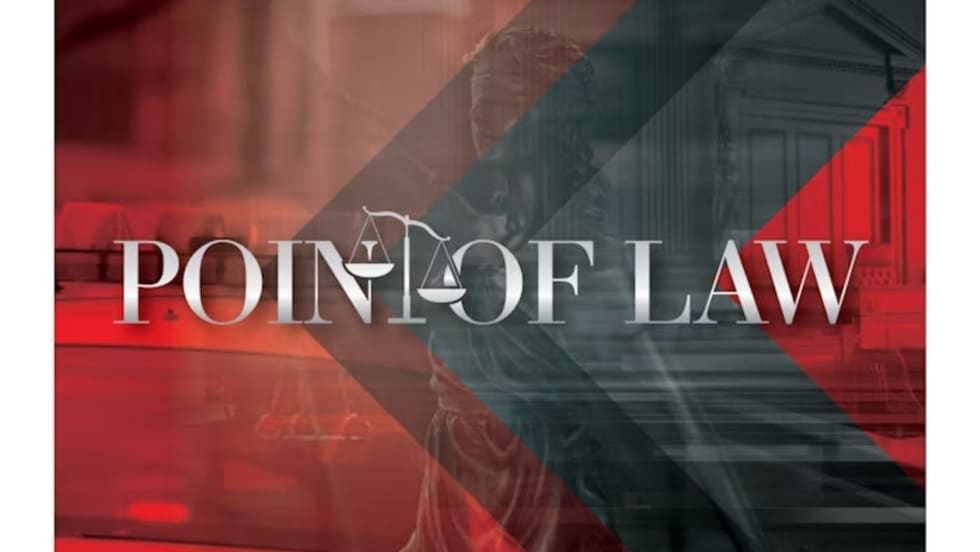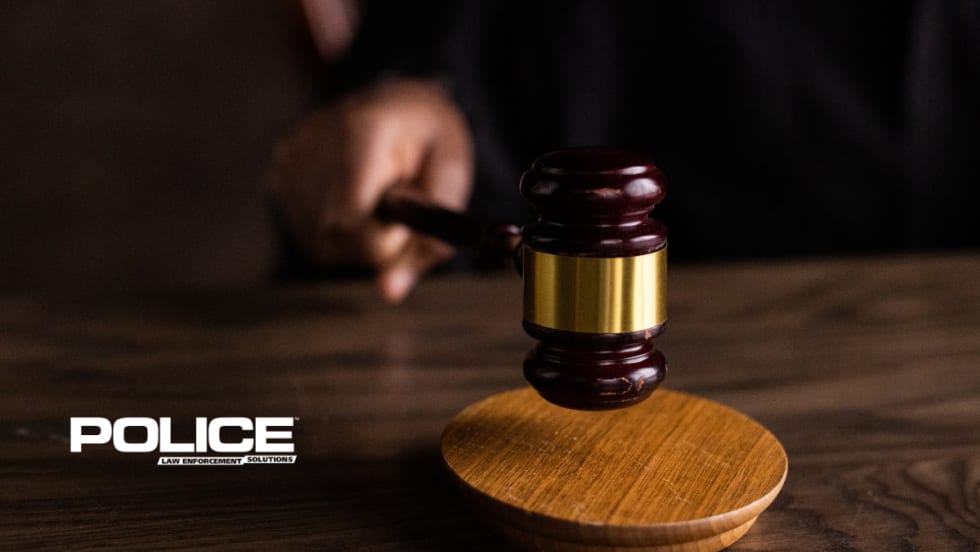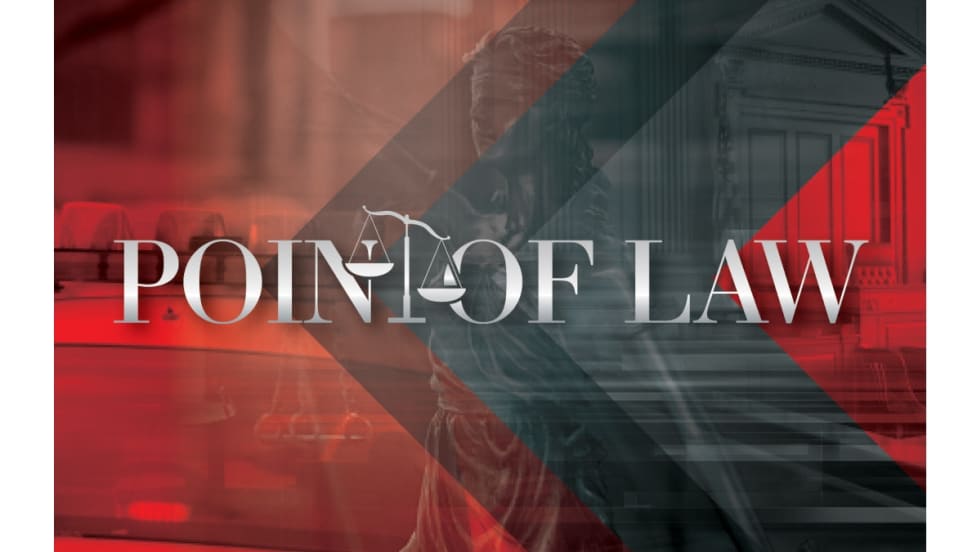In most cases, people have a right to video officers on duty. Agencies must be prepared to deal with these “auditors” in a constitutionally sound manner.
As we discussed last month, “First Amendment Auditors” have been challenging police and gaining media exposure by filming the inside of various public spaces and officers performing their duties on the street. As a result of this new phenomenon, many agencies are evaluating how to respond to these so-called “auditors.” Many of these encounters do not escalate, however,
some do.
In part two of our discussion of “First Amendment Audits and the Laws,” we’ll discuss what legal actions law enforcement officers and agencies can take to respond to these auditors.
Constitutional Strategies
Agencies must be prepared to deal with these auditors in a constitutionally sound manner. As a result, agencies should review their applicable policies to ensure that they pass constitutional guidelines and focus on providing training to officers relative to those policies, while also adequately supervising personnel to ensure compliance. In particular, agencies should consider constitutionally sound strategies.
Courtesy, Respect, and Tact
Remember that most agency’s rules and regulations provide something to the effect of “officers shall not be discourteous or inconsiderate to the public, to their superior officers, or to their fellow officers and other employees of the police department as well as other law enforcement and governmental agencies. They shall refrain from the use of profanity, derogatory comments, ethnic or racial slurs, or any other type of demeaning statements or comments. They shall be tactful in the performance of their duties and are expected to exercise the utmost patience and discretion even under the most trying circumstances.”
This requirement applies to nearly everything that officers do and is not necessarily specific to encounters with First Amendment auditors. Because of this, officers should be reminded that this strategy should set the baseline for all encounters. It does not mean that officers must submit to every challenge, or otherwise jeopardize their safety or the safety of others, or not enforce applicable laws; rather, the goal is that by treating everyone with respect, most encounters can be resolved as amicably as possible, even if arrest or charges result.
This can be particularly challenging when officers are faced with personal insults and derogatory comments. However, the courts have previously advised in Glik v. Cunniffe “[i]n our society, police officers are expected to endure significant burdens caused by citizens’ exercise of their First Amendment rights”.
Don’t Ignore Illegal Activity
The Supreme Court ruled in Gericke v. Begin that the presence of probable cause for an arrest defeats a First Amendment retaliatory arrest claim as a matter of law. The mere fact that someone is recording does not forgive them of all criminal transgressions.
Officers should remember that the mere fact that someone is recording them does not immunize them from being charged with their criminal acts. If someone is committing a crime or violation, officers can take the appropriate action in connection with that conduct or behavior. Frequently officers run into an issue when they focus on the act of recording itself.
However, officers should be careful to pay attention to the conduct and behavior of the person recording them. For instance, if someone is committing a disturbance, but they are recording, officers can take action to charge the individual with disturbing the peace but should be sure to make it clear in the police report what conduct and behavior the person was engaged in, apart from simply saying they were recording to justify the charge.
Legal Restrictions
The Gericke case is important because it suggests that police can restrict individuals filming law enforcement while performing law enforcement duties if a reasonable officer would believe safety is at risk. When the Court issued its ruling in Glik, most citizens assumed they could film police performing public duties without any limitations. Gericke highlights that citizens can film police officers carrying out their duties, even during a traffic stop, unless a police officer can reasonably conclude that the filming is interfering with police duties.
If an officer has a safety concern about him/herself or others based upon the conduct or behavior of the person recording them, then the officer can certainly order the person to move from the immediate area to an area from which they can safely record.
In the Gericke case (See “First Amendments Audits and the Law, POLICE October 2022), it would be reasonable for the officer to have ordered Gericke to move into the parking lot so she could safely record from that location. In such instances, the officers’ order should not address the recording itself, meaning that the appropriate order is not, “Stop recording.” Rather, the appropriate order would be something along the lines of, “You can continue to record, but you need to move onto the sidewalk in order to ensure your safety since there are moving vehicles on the roadway.”
Provide ID on Request
In instances where an individual requests that officers identify themselves, officers should politely provide their name and badge number (or other identifying number). There may be times, however, when this is not reasonable, practical, or safe.
Speak with People Privately
Many officers are concerned about the privacy implications of having First Amendment auditors present in the department lobby when witnesses, complainants, and victims come in to discuss sensitive matters. It is important for those individuals to feel safe, and it is best advised that in all circumstances, they be escorted to an area where a private conversation can be had. Many departments are equipped with a room where officers or investigators can meet with witnesses, complainants and victims, and those areas should be utilized to ensure privacy and confidentiality.
Try to De-Escalate
Officers should always attempt to avoid a situation from escalating where an officer might feel compelled to make an arrest. Remember, the most important attribute of any police officer is their ability to communicate and to defuse a situation.
Don’t Take Cellphones
The United States Supreme Court ruled in Riley v. California and U.S. v. Wurie that absent exigent circumstances, police cannot search the digital evidence contained in a cellular phone incident to arrest. Some of the exigencies could include the need: to prevent the imminent destruction of evidence in individual cases, to pursue a fleeing suspect, and to assist persons who are seriously injured or are threatened with imminent injury.
The Court also held that “in light of the availability of the exigent circumstances exception, there is no reason to believe that law enforcement officers will not be able to address some of the more extreme hypotheticals that have been suggested such as a suspect texting an accomplice who, it is feared, is preparing to detonate a bomb, or a child abductor who may have information about the child’s location on his cell phone.”
“Point of Law” is not intended to replace legal advice. If you have specific questions about First Amendment auditors in your jurisdiction, seek out a legal advisor.
Eric Daigle is founder of Daigle Law Group, LLC, a firm that specializes in law enforcement operations. A former Connecticut State Police officer, Daigle focuses on civil rights actions, including police misconduct litigation. He is a legal advisor for police agencies across the country and member of the POLICE Advisory Board.






